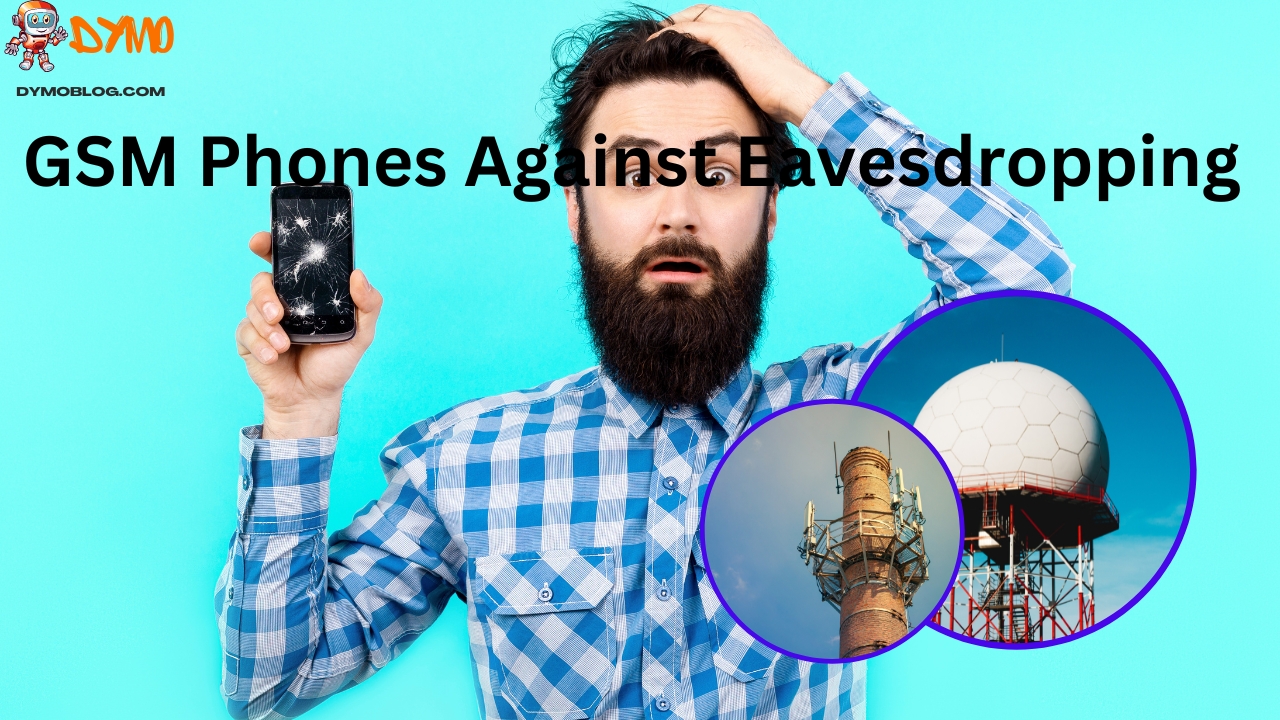Social media sites exemplify the current generation of the internet, known as Web 2.0. Now, this web 2.0 allows for a higher dispersion of user-generated materials. That is a long cry from Web 1.0, which was completely static and even non-interactive, with a top-down information distribution process.
Web 3.0 is the most recent Internet technology. This new technology combines machine learning with artificial intelligence, plus blockchain development. Mainly to enable real-time human communication. The cherry on top is that web 3.0 will further allow people to control their content and get reimbursements for their online time. The next-gen web 3.0 will likely become a trend that will reclaim dominance of the net from the top five tech giants.
All this is possible due to its crypto, blockchain education, and metaverse utility cases; a big thanks to them. Presently, our data is only held by centralized corporations. However, web 3.0 envisions it being mainly held by blockchain development networks and hence controlled by people.
Does it seem too perfect to be true? Say hello to the next-gen internet. In this post, we’ll look at how web 3.0 will actually impact the future of music.
How to describe Web 3.0 and blockchain?
The fundamental elements of web 3.0 are decentralization, transparency, and tremendous user usefulness. The meaningful web’s main benefit is recognizing and analyzing the content’s context and notion. As a consequence, whenever any user looks for an explanation, web 3.0 provides a precise and useful result.
Another term frequently connected with web 3.0 is the blockchain development system. Normally, it can be challenging to distinguish between the two. To put it another way, the blockchain system is the invention that powers web 3.0. As per, blockchain experts, in particular, are the backbone of web 3.0. The blockchain mainly redefines the data structures in the linguistic web’s backend.
Blockchain, often known as Ethereum blockchain. Blockchain is a decentralized state machine that allows smart contracts to be actually deployed. These smart contracts specify a user’s functionality for web 3.0. As a result, everyone who wants to create a blockchain development application must use the common state machine to do it.
Whenever a person engages with a web 3.0 application, machine language, artificial intelligence, and natural language processing are mainly used to interpret the questions. After that, it gets the relevant data or content from the blockchain. That is so because blockchain is available from any place on the planet.
READ ALSO:- 16 Catchy Blog Titles That Actually Work
How the next-gen Web 3.0 can become the future of music?
We are at a pivotal point in music evolution. This era sits head to head with the Napster era and the early web 2.0 era. Web 2.0 gave birth to Spotify, Music Hack Days, and SoundCloud. It also propelled music broadcasters into popularity as entrepreneurs.
Themes of the time include everything ‘metaverse,’ live streaming, as well as other virtual interaction models. The reality of web 3.0 is empowering communities and offering new financial streams for musicians. Now, this may take a zero out of the old 2,000 True Fans adage.
Impact of NFTs:
The web3.0 may be overwhelming, particularly if you have not yet discovered your specialty, whether it’s through Non-Fungible Token markets such as Catalog, Mint Songs, or Sound. Xyz. Or music groups like Water & Music, Songcamp, and Friends With Benefits. And even some big companies like Zora and Mirror that build facilities for a much larger sector, some of the sharpest teams are working in this field.
For the majority of 2021, the major music industry’s perception of Web 3.0 was mainly clouded by Non-Fungible Tokens tunnel vision. Vast numbers of celebrities hopped on the musical NFT bandwagon in the spring season. After that, the market rose to a record of $26 million in initial monthly sales in March, after witnessing the likes of 3LAU & Grimes pull off seven- to eight-figure sales in a couple of moments for their individual collections. The enthusiasm sparked a rash of con artists and fan criticism over NFTs’ apparent financial privilege and environmental issues.
The music business’s ensuing bear market Non-Fungible Tokens have also awakened numerous in the music world. This is mainly due to the significance of adopting more holistic, intelligent tactics for incorporating NFTs into artists’ long-term promotional campaigns and business models. That is better than just focusing on one-off cash pulls for headlines. A few companies produced a guest piece for NFT in August 2021. Described that movement as “moving from collections to communities.” Portable fan IDs, on-chain ticketing systems, and crypto-native record rollouts were all emerging use instances for NFTs at the moment.
Why choose Web 3.0?
Here are some reasons to choose Web 3.0 as the future of the music world.
· Personalization of encounters.
As per blockchain experts in 2022, the new-gen web 3.0 will become progressively essential. Most individuals continue to value personalized and tailored web surfing experiences.
· Reduced reliance on other parties.
It will aid in the disintermediation of enterprises, the removal of rent-seeking go-betweens, and the direct transfer of value to users and suppliers in a network. Sharing responsibility and management of these new decentralized intelligence structures is a feature. Due to this, network members will work collectively to solve difficult-to-control challenges previously.
· Increased trust.
We can even easily future-proof business and investment activities. By this, we can reduce reliance on individual platforms with expertise about the next Internet generation. All these are possible due to blockchain development.
· End-to-end networking is increasing.
The link between users and organizations will stay intrinsically resilient as a result of new Internet technologies. This will allow for more adaptable peer-to-peer engagement and governance. Humans, organizations, and robots will also be enabled to exchange more information. It will even retain more confidentiality and security thanks to peer-to-peer networking.
· AI-powered search help is now available.
Humanized virtual search helpers that are significantly more intelligent, widespread, and driven by linguistics, blockchain education, plus AI will be more necessary.
Conclusion
So this was all about how Web 3.0 can change the future of the music world along with why to choose it for our future. By reading this article you will understand that in the coming years Web 3.0 will revolutionize the existing entertainment industry.
















